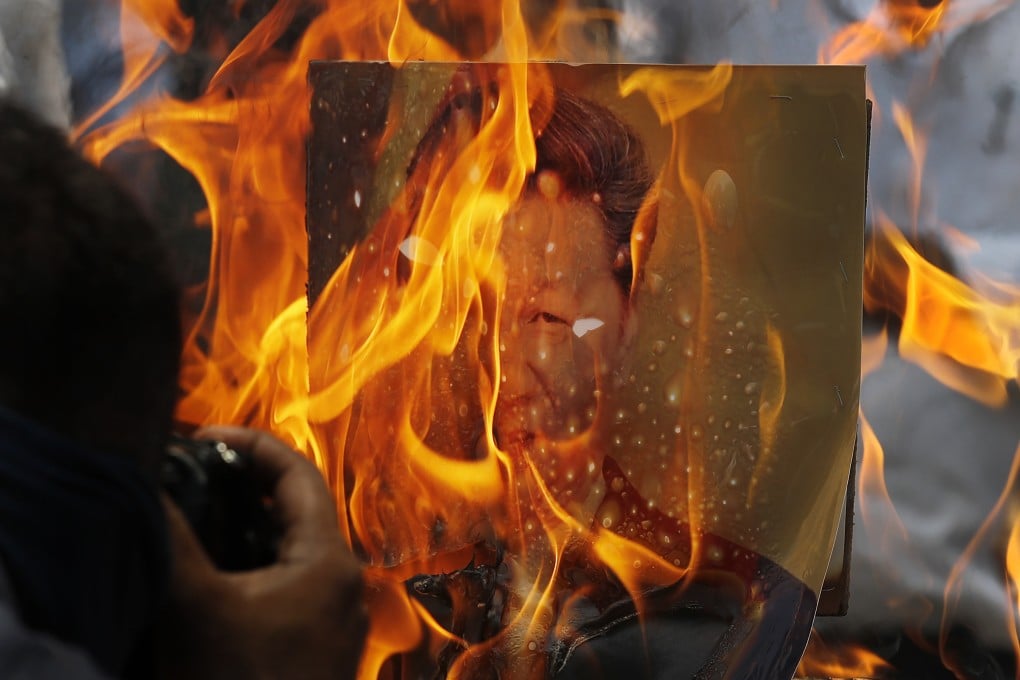China, India often clash in border region – but are those skirmishes getting worse?
- In recent days, thousands of kilometres from where the two sides have been locked in a stand off, Chinese and Indian soldiers hit each other with sticks and canes
- Amid injuries and India’s worry that China aims to ‘unilaterally change status quo’, experts say the incident points to a new reality of easily out-of-control violence

For over two years now, two of the most powerful armies in the world have been locked in a stand-off in the Himalayan region of Ladakh.
But now, the China-India border row might have another key friction point thousands of kilometres away – the Indian Himalayan state of Arunachal Pradesh, administered by India but claimed by China as its own.
The region has been historically disputed by both parties – lying in India’s northeast, China has laid its claim over the entire region for decades now and called it a part of China “since ancient times”. The area has seen multiple skirmishes and conflicts between both sides’ militaries since the 1962 China-India border war.
But last week came what many military commentators have described as one of the most serious clashes in recent times when troops hit each other with sticks and canes in the early hours of December 9, according to media reports.
Reports in the Indian media, unverified by government authorities in New Delhi, said that as many as 200-300 Chinese soldiers clashed with around 50 Indian troops in the Yangtse area of the Tawang sector, a region India describes as being within its administered zone.
Indian defence minister Rajnath Singh told the Indian Parliament on December 13 that Chinese troops had “tried to transgress the Line of Actual Control (LAC)” in the Tawang area and “unilaterally change the status quo”.
